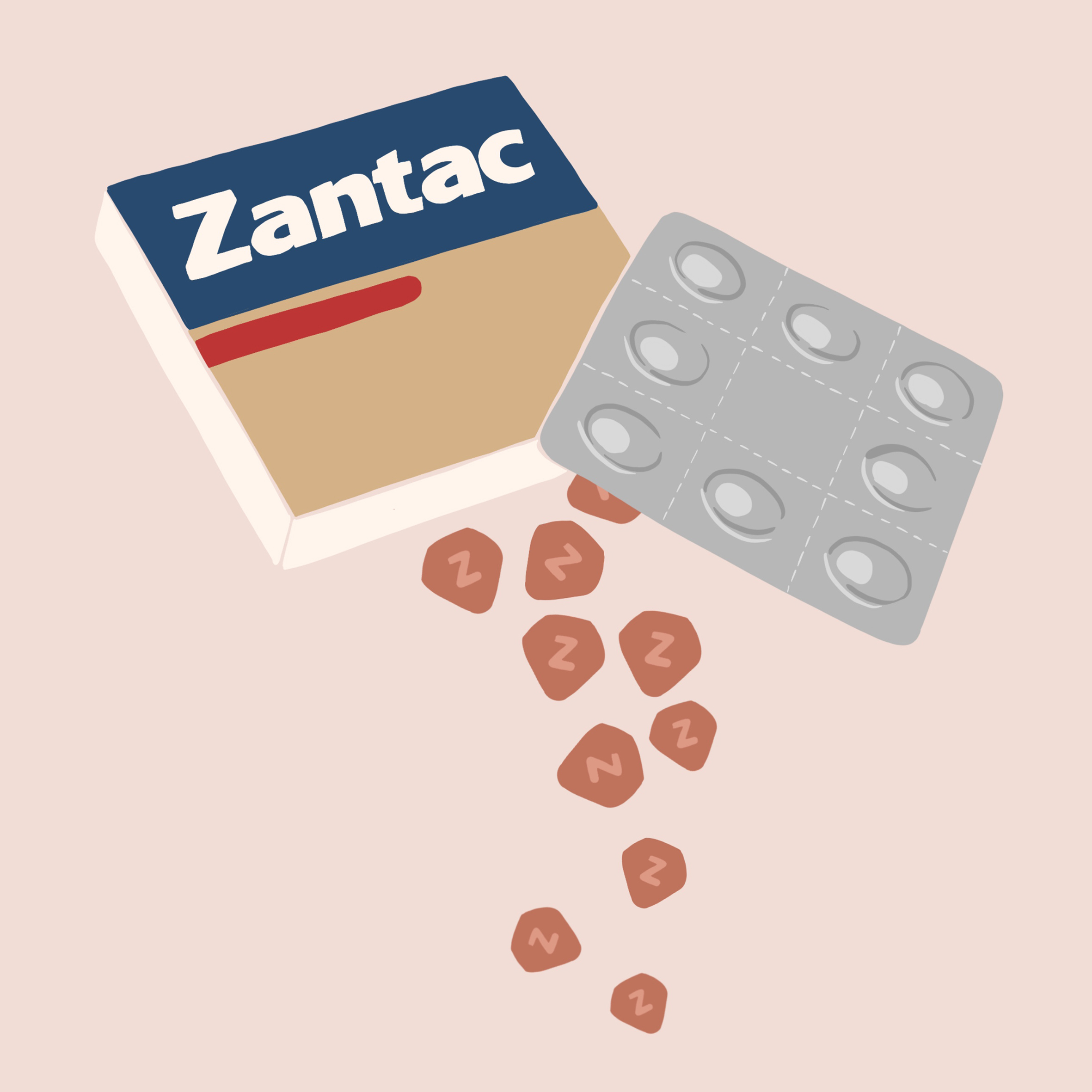A federal judge has denied in full a discovery request by GlaxoSmithKline (GSK) to subpoena documents from plaintiffs in the Zantac multidistrict litigation (MDL): Valisure LLC and Micheal Bretholz. Judge Bruce E. Reinhart stated that he had “serious questions” regarding the relevance of the evidence being subpoenaed by GSK, according to Law360.
According to the order that was entered into the court record on Jan. 28, GSK alleges that Valisure LLC, an independent pharmacy that detected that Zantac heartburn medication broke down into the carcinogenic chemical N-Nitrosodimethylamine (NDMA), has engaged in “concerted efforts to generate false lab results for the purpose of furthering its financial interests and the financial interests of potential litigants, their lawyers, and their litigation funders.”
To attempt to prove this theory, they subpoenaed evidence across 23 distinct categories regarding four inquiries. Those inquiries were:
- What are the origins and development processes of the Valisure study that found NDMA in Zantac that led to their Citizen’s Petition?
- How is Valisure funded and by whom?
- What is Valisure’s relationship with the attorney Mr. Bretholz and how do they communicate?
- What is the extent of Valisure’s lobbying efforts in Congress and with the U.S. Food and Drug Administration (FDA)?
According to the order, GSK believed that the Valisure study is critical to the core questions of whether NDMA exposure from Zantac can cause cancer, and whether GSK knew about this breakdown. While Valisure did initially produce some documents for GSK related to their inquiry, GSK wanted more documents and requested that Judge Reinhart compel Valisure to turn over “all responsive documents in its possession, custody, and control, and produce a privilege log for any documents withheld on that basis.”
In response to this request, Valisure objected and asked for a protective order over their private internal documents. Valisure argued that these documents and the circumstances of their study are not relevant to the issues at hand because the company is not submitting the study as evidence, nor is it using itself as an expert witness in the trial. Instead, Mr. Bretholz has stated that the plaintiffs will use unbiased third-party studies and expert witnesses unaffiliated with Valisure.
Since the Valisure study will not be used to determine the merits of the plaintiffs’ claims, and the mention of the Valisure study in the plaintiffs’ complaints was only to provide context to the lawsuit itself, Judge Reinhart found that the extensive inquisition into Valisure’s finances and study practices were not relevant.
In the order, Judge Reinhart wrote that even if he assumed that everything that GSK had said was true and “Valisure is part of a widespread joint undertaking to generate false testing results for the purpose of financially benefitting [sic] itself and its co-conspirators,” that fact would only call into question the reliability of testing conducted by Valisure. However, “Valisure’s bias does not tend to show that any fact in issue is more or less likely to be true.”
After weighing the arguments, Judge Reinhart granted Valisure’s motion to quash the discovery request and establish a protective order over future discovery requests into this irrelevant field. As a final point, Valisure and Mr. Bretholz requested that their legal fees be paid for the unnecessary expense involved in defending irrelevant discovery requests at the expense of GSK. To that end, Judge Reinhart has asked that a separate motion be filed to give GSK ample opportunity to respond.
